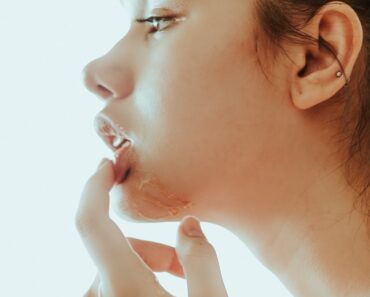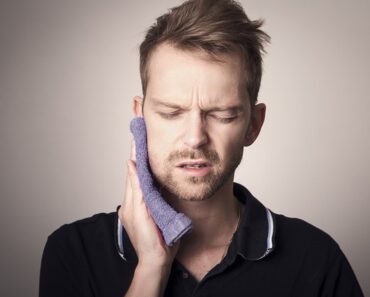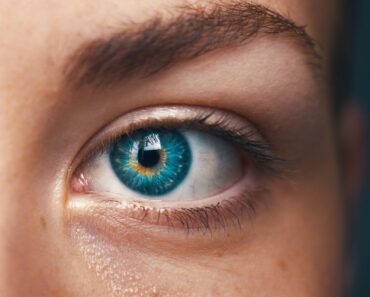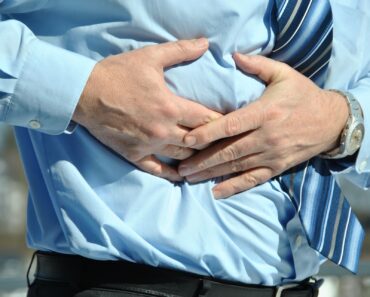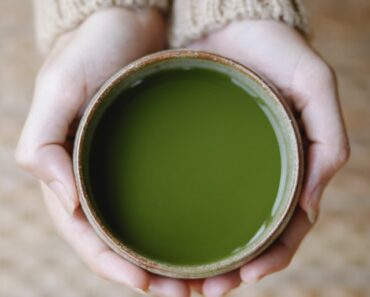Here’s wrong with what you are eating:
It is said that a person is defined by what he consumes. This goes for your eating habits as well. Your food intake is what decides your physical well-being. In our daily lives, we often consume food without thinking about what impact it might have on our bodies. Many food constituents may apparently seem harmless, but some things may damage you secretly. Therefore, it is important to regulate our food intake to have a healthier and more sustainable lifestyle. All you have to do is to keep in check and balance your diet and eating habits.
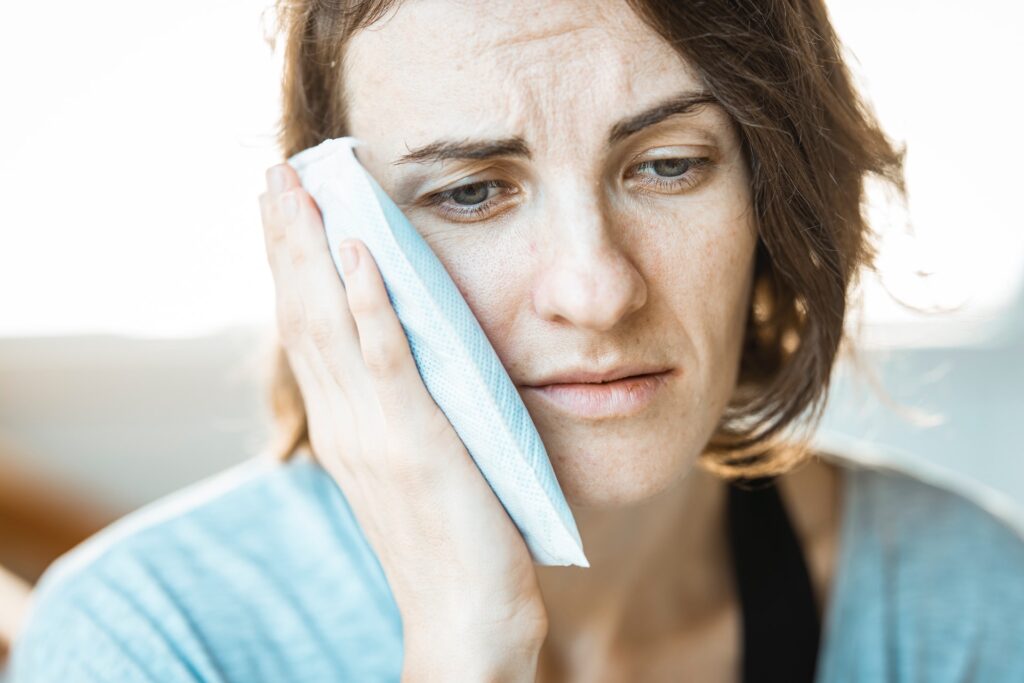
Why do your teeth hurt when you eat chips?
Normally, you never feel pain or any discomfort while eating. But if you feel the pain that may not be normal, and you need to consult a doctor to find out the cause before the pain gets worse. Many people complain that they feel pain after eating chips or something sweet in taste. The answer to this is here.
Potato chips have starch as a major constituent like many other sugary foods and beverages. The carbohydrates present in these foods and drinks are fermented by bacteria that reside inside our mouths. This results in the production of acid and if this acid is not brushed away, it erodes the protective enamel of teeth.
Not only this, starch usually piles up in the nooks and corners of your teeth. And you are in trouble if you have a chipped tooth. Your teeth are covered by a protective outer covering to shield the inner structures. Highly acidic foods and certain beverages may damage the outer covering of your teeth directly, hence exposing the inner sensitive layer. Sometimes, brushing too hard also damages the outer lining of teeth, rendering the teeth more sensitive than before.
This exposure of the sensitive layer of teeth gives in way to starch and other sugary foods and beverages to irritate the tooth nerve center. The nerve pathways of pain are activated, and the person feels a sharp pain.
How to prevent this toothache:
A chipped tooth never grows back, therefore it is important to limit the damage as much as possible. Anything that damages the enamel of teeth must be avoided.
Limit the consumption of highly acidic and sugary foods. Brush your teeth gently as to not damage the outer lining of your teeth. Using a toothbrush with soft bristles can help. Use the kinds of toothpaste made specifically for sensitive teeth. Brushing your teeth before and after sleep helps in eliminating any kind of debris or hidden dental plaque. Thus, it is very important to maintain your oral hygiene.

